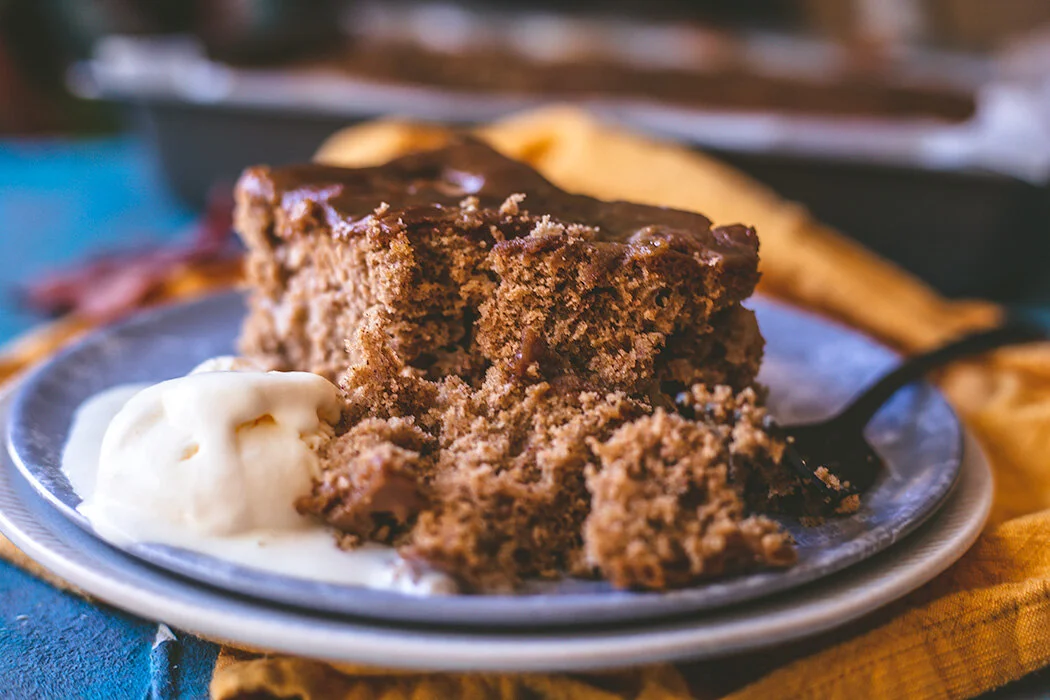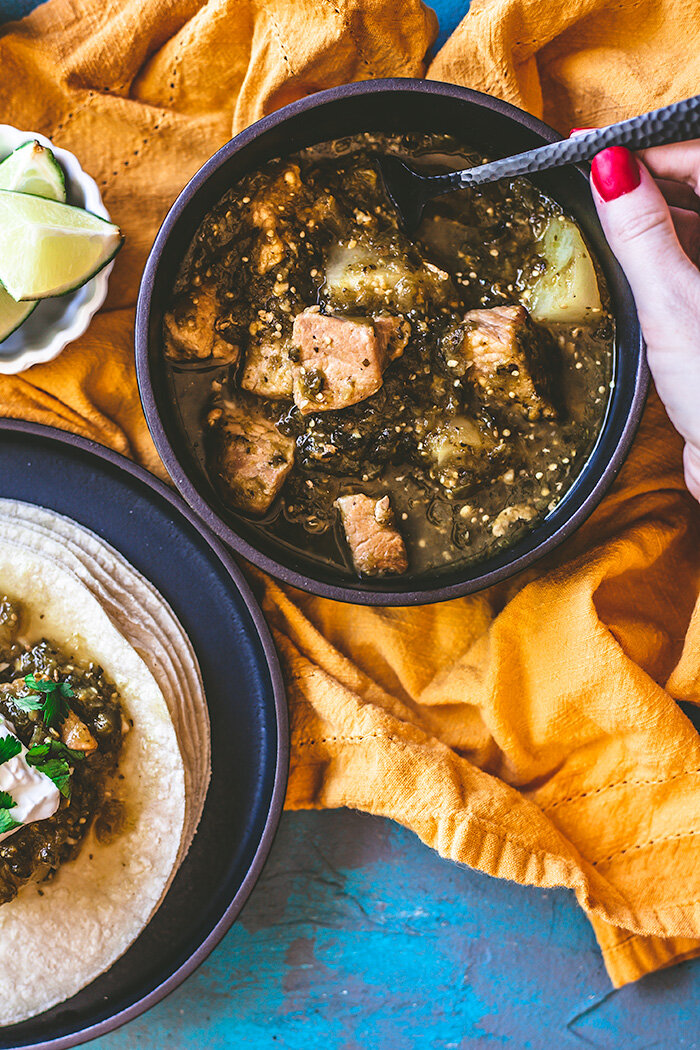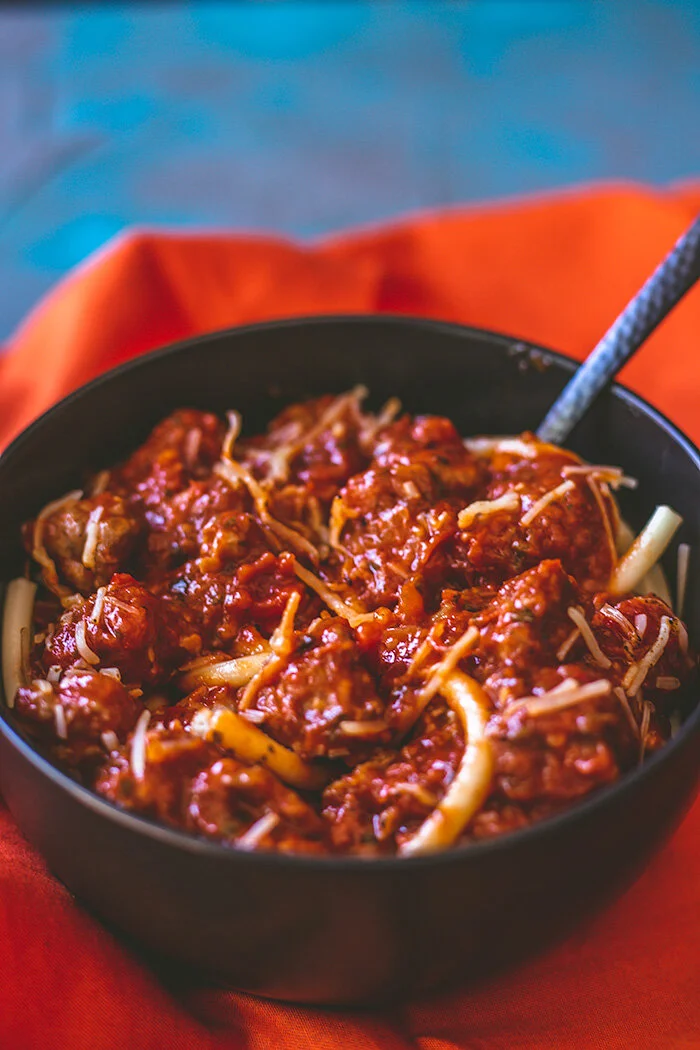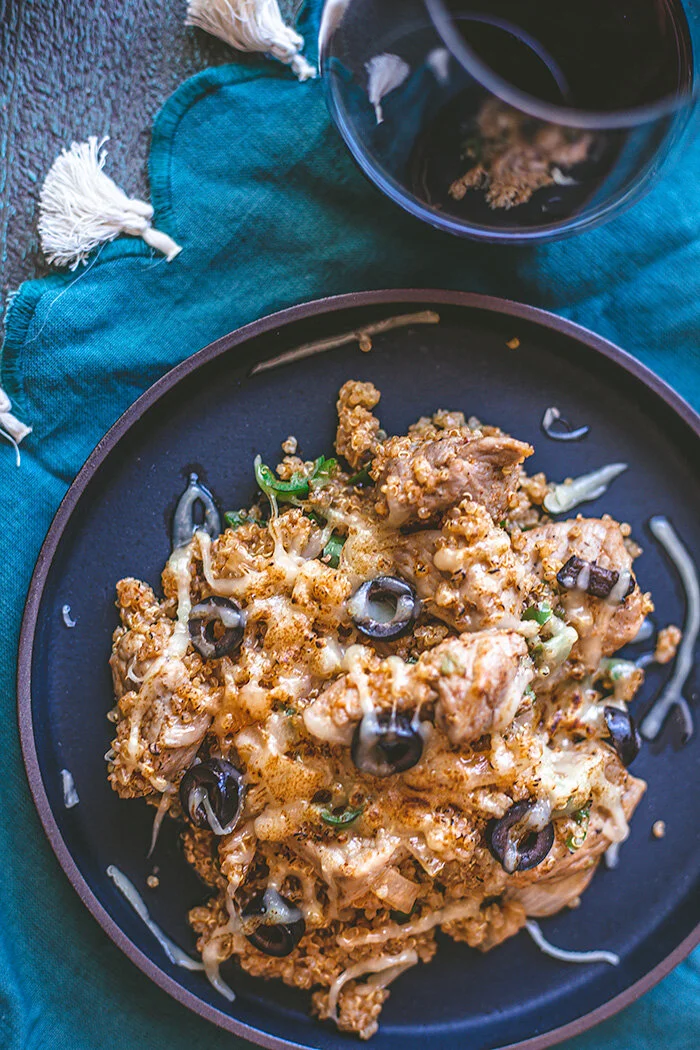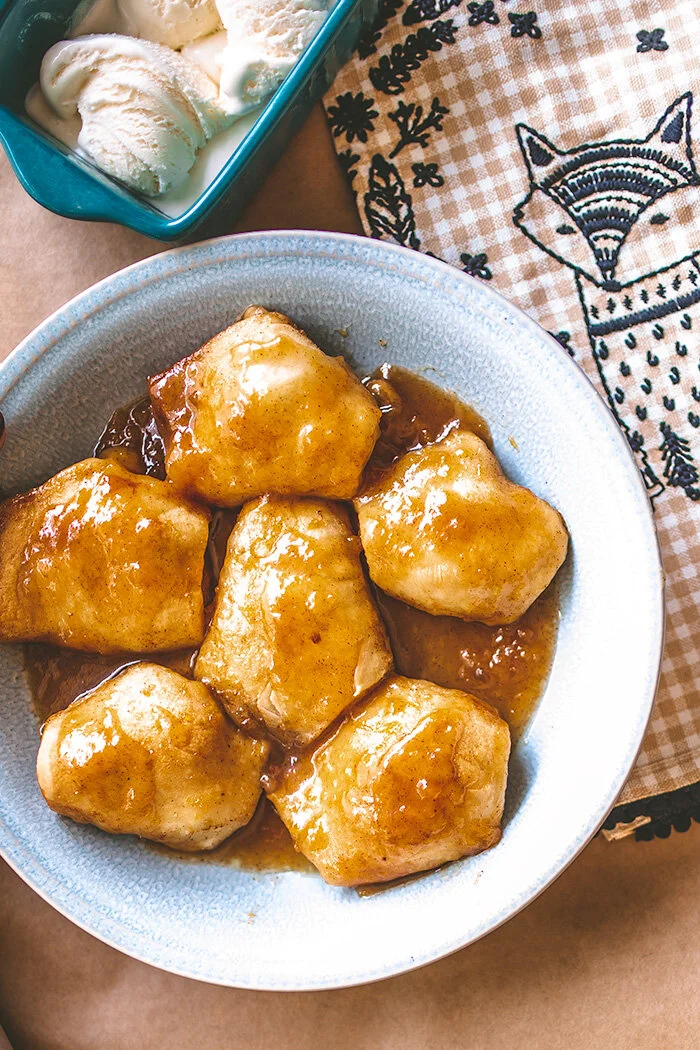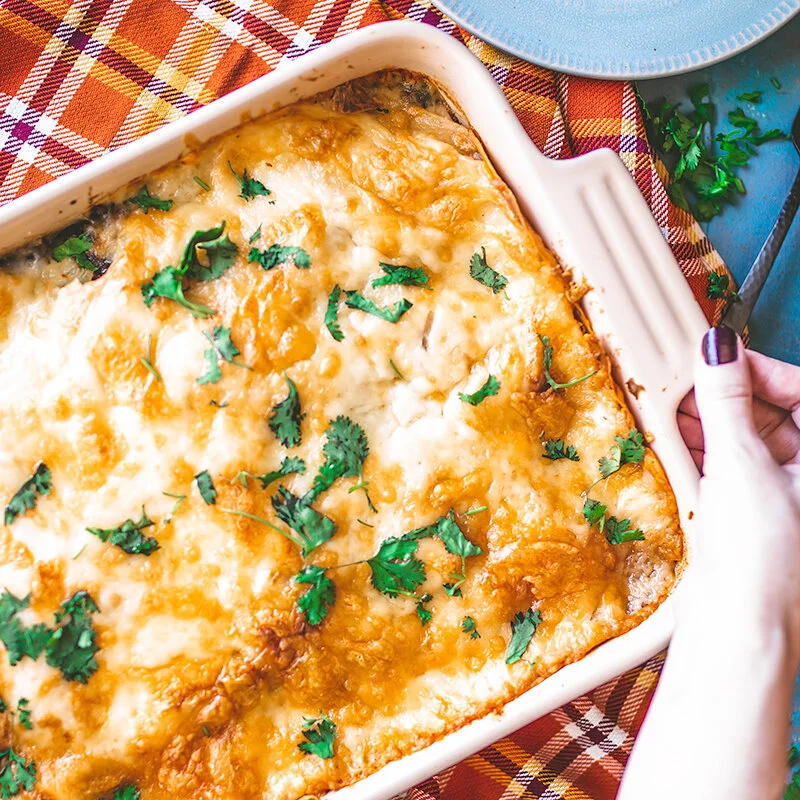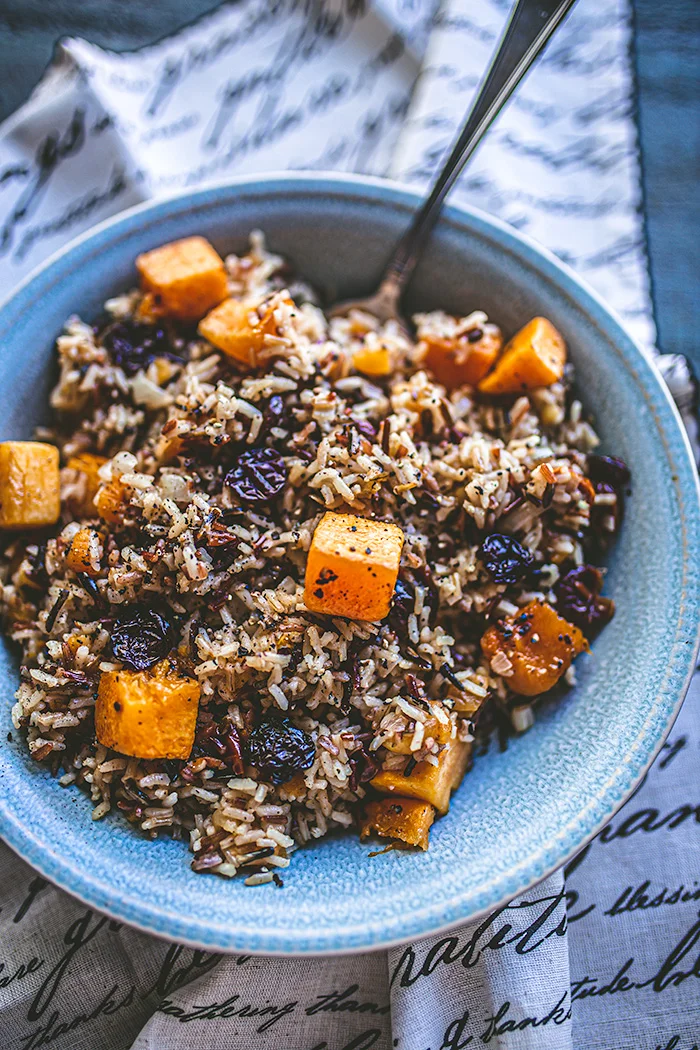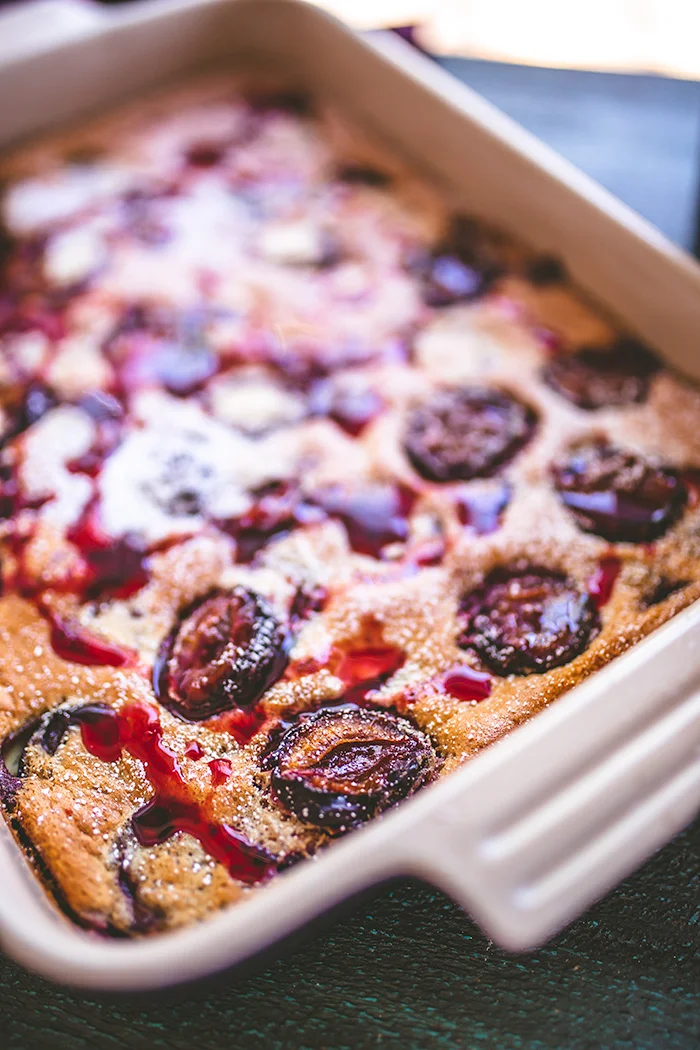Snickerdoodles
/This post contains affiliate links. We may receive a small commission from any purchases made from the provided links at no additional cost to you. Your support is appreciated.
Snickerdoodles
This month (actually tomorrow), my husband and I are celebrating our fourth wedding anniversary, which somehow snuck up on both of us. Throughout those four years, we’ve weathered the storm of losing my grandparents in a tragic house fire and the loss of his mother to endometrial cancer nearly a year ago. If you’ve been regular visitor of insolence & wine, then you’ll already know that I honor my amazing mother-in-law the last Wednesday of every month by sharing a cookie recipe that we’ve uncovered from her massive cookie recipe collection, or a recipe from a cookbook she had given me for Hanukkah a couple of years ago. As of right now, I am unsure if I am going to continue sharing a cookie recipe on a monthly basis in the coming year.
When I asked my husband what kind of cookies he wanted to close out the month of September, he replied without hesitation—his mother’s snickerdoodles. They were his favorite of his mother’s cookies when he was growing up, though because they weren’t her favorite, she didn’t make them very often. If he was lucky, he’d get those cookies once a year, and he’d wait by the oven, tall glass of cold milk in hand, ready for the first batch to come out and be devoured.
So before we continue, here’s a brief primer on the history of the snickerdoodle.
The snickerdoodle cookie is most likely a German cookie, as its name is derived from the word schneckennudel, a word meaning snail noodles, derived from sweet bun called schnecken, a traditional Saturday morning treat in Germany. However, there is the possibility that the name is a nonsense word that was established in New England! Despite its German origin, the snickerdoodle is most popular in the United States and Canada.
Today you’ll find the term snickerdoodle as a dessert flavor, with sugar and cinnamon on products as diverse as a Dunkin’ Donuts latte, a coffee creamer. and as an ice cream flavor
The core ingredients in the cookie are flour; butter, oil or shortening; granulated sugar; egg and of course cinnamon. The traditional snickerdoodle cookie itself is a drop cookie with granulated sugar and cinnamon sprinkled on top, or the cookie is rolled in a combination of sugar and cinnamon before baking. Recipes for this cookie started popping up in the United States in the late 1800s, and it has also been prepared as a pan cookie.
Why isn’t a snickerdoodle a sugar cookie then, if the ingredients and baking process are so similar? It’s the use of cream of tartar in the dough. This one ingredient is what gives the snickerdoodle its tantalizing tickle of sugar and cinnamon, and its divine chewiness. Some bakers use baking powder instead of cream of tartar. I didn’t even go there.
Because it’s such an easy cookie to prepare, it’s super-popular to package up as gifts, or to use in holiday cookie exchanges, or to present as a hostess gift in a cookie tin.
It didn’t surprise me that I found two similar, but still different snickerdoodle recipes in my mother-in-law’s recipe box. One called for the dough to be refrigerated for at least an hour, and the other called for less cinnamon and vegetable shortening. Naturally my husband didn’t know this and he honestly didn’t ever notice a difference in his mom’s cookies. They were inhaled on arrival regardless of the recipe she chose!
If I’m being completely honest, snickerdoodles have never been my favorite cookie. They’re often too sweet for my liking, whereas my husband is of the opinion the sweeter, the better. I’m also not the biggest cinnamon fan. However, as I am the one often in the kitchen tinkering with ingredients, I have the final say. (That’s what marriage is all about, isn’t it?)
My husband and I also have vastly different preferences for what makes a perfect snickerdoodle. He says crunchy throughout, and I say crunchy on the outside, and the perfect combination of soft and chewy on the inside. My version of snickerdoodles fits into the latter category.
The version I am sharing with you today is a hybrid of those two recipes, which of course was developed over my own evolutionary process with a couple of attempts at refining the balance between sweet and cinnamon, soft and crunchiness. I found that the refrigerated dough was crunchier throughout, which is what my husband likes, but I don’t.
My husband’s reaction to my adaptation of his mom’s snickerdoodles was the same as it’s always been. Before I started baking, he made sure there was plenty of milk in the ‘fridge. He was hovering around the kitchen as I made the dough, and of course I didn’t tell him that my recipe is a hybrid.
The poor cookies hardly had a chance to cool. There were no complaints.
Check out these variations of the classic snickerdoodle from a group of talented bloggers.
Gran-Free Snickerdoodles via Grain-Free Palate
Almond Flour Snickerdoodles via Yummy Mummy Kitchen
Snickerdoodles Cake via Lil Cookie
Turtle Snickerdoodles via Garnish and Glaze
Perfect Vegan Snickerdoodles via A Virtual Vegan
Snickerdoodle Cupcake via Ganrish and Glaze
Pumpkin Spice Snickerdoodles via Garlic and Zest
Snickerdoodle Poke Cake via New South Charm
Snickerdoodle Puppy Chow via Lemons and Zest
Keto Snickerdoodle Woopie Pies via Officially Gluten Free
Snickerdoodle Dip via Vnutrituin and Wellness
Lemon Doodles via The Read Head Baker
Dulce de Leche filled Snickerdoodles via Pies & Tacos
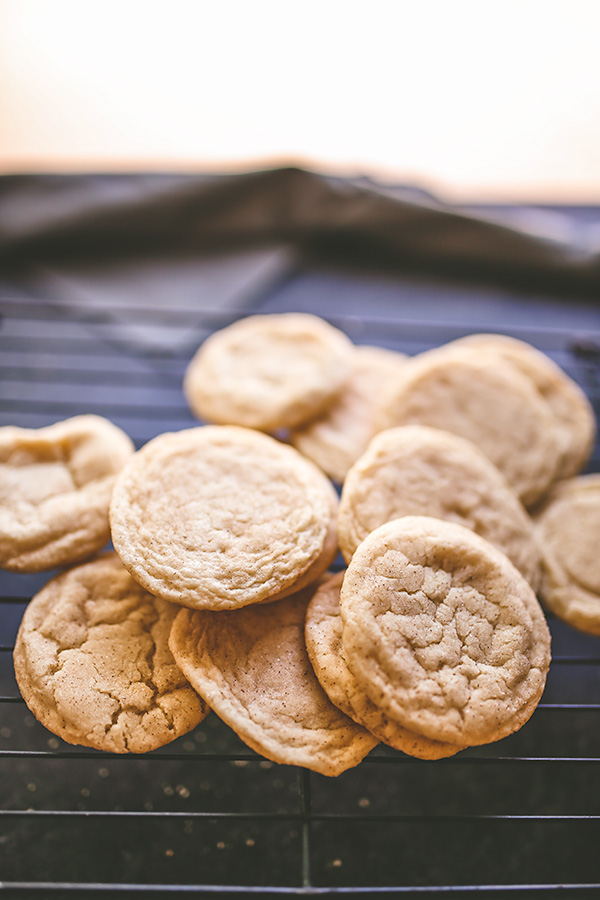
- 2 sticks (1 cup) unsalted butter, at room temperature
- 2 cups granulated sugar ~ 1/4 cup reserved
- 2 large eggs
- 2 1/2 cups all-purpose flour
- 1/4 teaspoon kosher salt
- 1 teaspoon baking soda
- 2 teaspoons cream of tartar
- 3 tablespoons ground cinnamon
- 1 teaspoon vanilla extract, optional (will make a slightly sweeter cookie)











